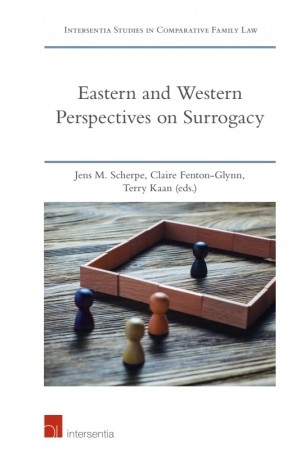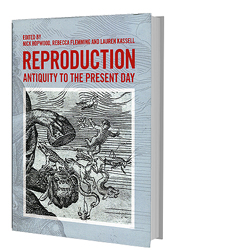This book brings together experts from Eastern and Western backgrounds, to consider the way in which different jurisdictions have responded to surrogacy, both within their own borders, and when an international agreement takes place involving one of their citizens. Each chapter includes a discussion of the laws concerning the establishment and contestation of legal parentage through surrogacy under domestic law; the rules and laws concerning surrogacy arrangements on a domestic level; and approaches to recognition of legal parenthood acquired through surrogacy in other jurisdictions. In addition, the chapters consider the socio-economic context of surrogacy in the chosen jurisdictions, through questions concerning the profile of surrogate mothers and commissioning parents, the involvement of intermediaries, and the nature of the interactions between these parties. In this way, the book provides a comprehensive understanding of the confluences and tensions in the way surrogacy is approached in these jurisdictions, and seeks to identify trends emerging from these different regions. In doing so, Eastern and Western Perspectives on Surrogacy seeks to contribute to the greater understanding of the regulation of surrogacy throughout the world, and will serve as a reference work for anyone involved in practice, academia or law reform in this subject area.
Jens M. Scherpe, Claire Fenton-Glynn and Terry Kaan (eds.), Eastern and Western Perspectives on Surrogacy, Intersentia (2019).
Find out more about the book: https://intersentia.com/en/eastern-and-western-perspectives-on-surrogacy.html
Led by three University of Cambridge academics, Nick Hopwood, Rebecca Fleming and Lauren Kassell, and pooling the expertise of historians from across Cambridge and around the world, this book is the culmination of a five-year project funded by the Wellcome Trust.
'Who should reproduce and how? Is it acceptable to manipulate DNA to make a 'designer baby' or clone a favourite pet? Ought everyone to have smaller families to limit the environmental impacts of population growth? Why do hundreds of thousands of women and millions of babies still die at the time of childbirth every year? Reproduction is in the news because the subject has such wide scope, from the most intimate experiences to planetary policy, and because it raises such large and difficult questions. Innovation fuels controversies over science and technology, economics and politics, ethics and religion, while children keep on being born.'
Hopwood. N, Flemming. R and Kassell. L, 2018, Reproduction: Antiquity to the Present Day, Cambridge University Press.



